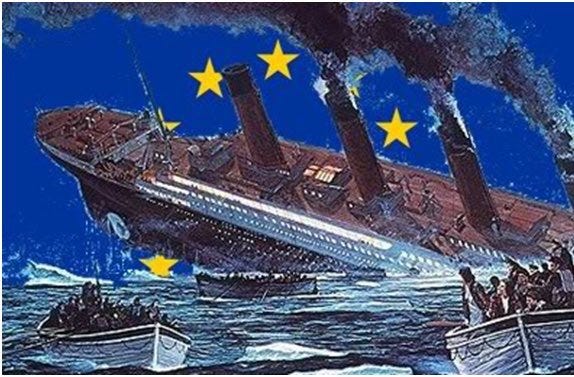Published on my Substack, 7 Dec. 2022.
It goes without saying that the key policy objective of fiscal and monetary authorities the world over is to achieve and sustain economic growth. This imperative is ultimately the by-product of the fraudulent monetary system we’ve had in place for several centuries now. In that time, the system has shaped and distorted economic and social policy, economic theory, cultural norms and even the way we think of ourselves.
But living under this system has been a relatively recent socioeconomic experiment. It has proven highly flawed, unsustainable and even pathogenic. At present, it is in an irreversible decline, and it is incumbent upon our generation to rethink and reimagine how to build the future, as even the Davos set claims we must. But we cannot hope to solve society’s problems unless we diagnose the problems correctly.
Continue reading



